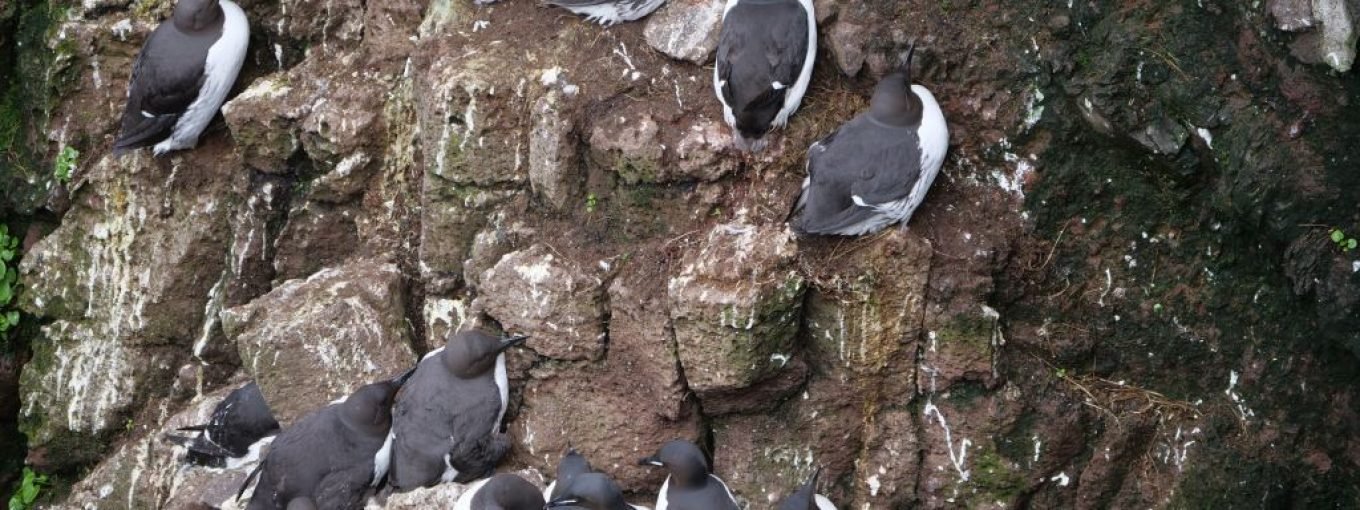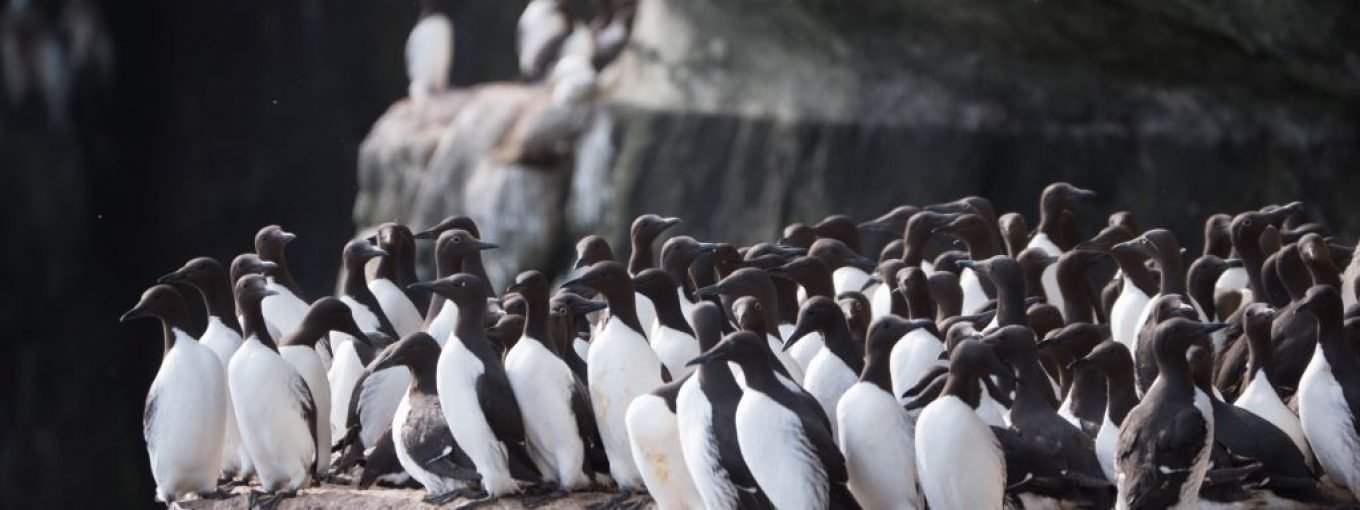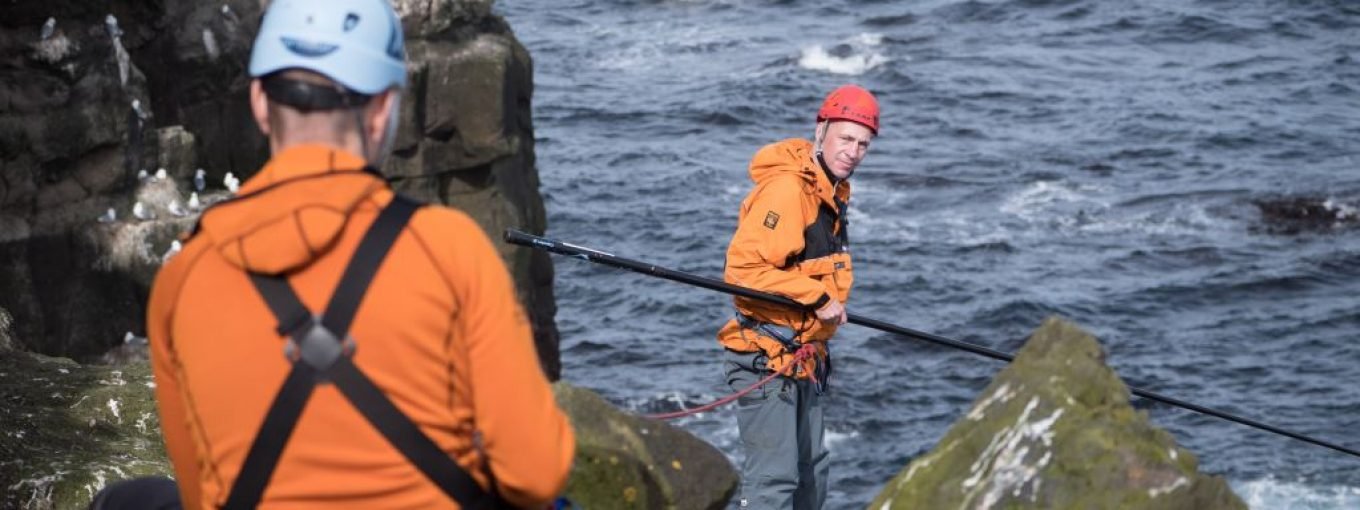Project LOMVIA is multi-disciplinary in nature and its findings will be of interest to a wide range of stakeholders and scientists in many academic fields. We will achieve wider impacts across a broad sector of society using a variety of approaches.
Policy makers
We will achieve policy impact via the Convention for Arctic Flora and Fauna (CAFF) using the lead investigator’s membership of the CAFF Bird (CBIRD) group, which includes representatives from all Arctic member states, observers from neighbouring states and reports directly to the CAFF secretariat in Iceland. CAFF itself provides environmental policy advice to the Arctic Council. We will also liaise with the NERC Arctic Office to make our findings relevant to UK policy-making. The project will raise the UK’s profile as the Arctic’s “nearest neighbour” and pave the way to further collaborations relating to environmental research and management between the UK and Arctic member states.
Conservationists
Our findings will assist with diagnosing how environmental change is affecting Arctic seabirds, which will be of interest to a range of wildlife charities (e.g. BirdLife International, RSPB, WWF, Iceland Nature Research Centres, NABU). Knowledge of drivers of population change will help to inform their advocacy work relating to climate change and stimulate investigation of management that might compensate for observed climate impacts (e.g. stricter regulation of seabird harvests or bycath by/competition from fisheries). The lead investigators have existing strong links to these NGOs and so results will be readily transferable through correspondence, dialogue and talks at their institutions.
The public
The Arctic is a wild frontier that captures the public imagination, so the results of our research will be readily communicated to a wide and receptive audience. We will achieve this via the NERC Arctic Office website, newsletter fieldwork blogs and a Twitter account. Articles for the popular media will be developed in collaboration with the British Antarctic Survey Press Office.
Schools
We will reach school children via links on the award-winning “Discovering the Arctic” website that provides a range of interactive online material that supports curriculum-based learning for 14-16 year olds. The project will also be active in arranging talks to schools in the Cambridgeshire area, using the lead investigator’s links with the Anglian Learning multi-academy trust, gained though his role as a school governor.














